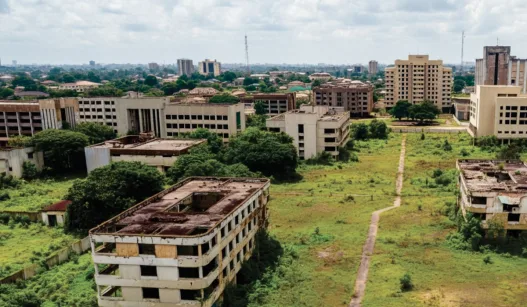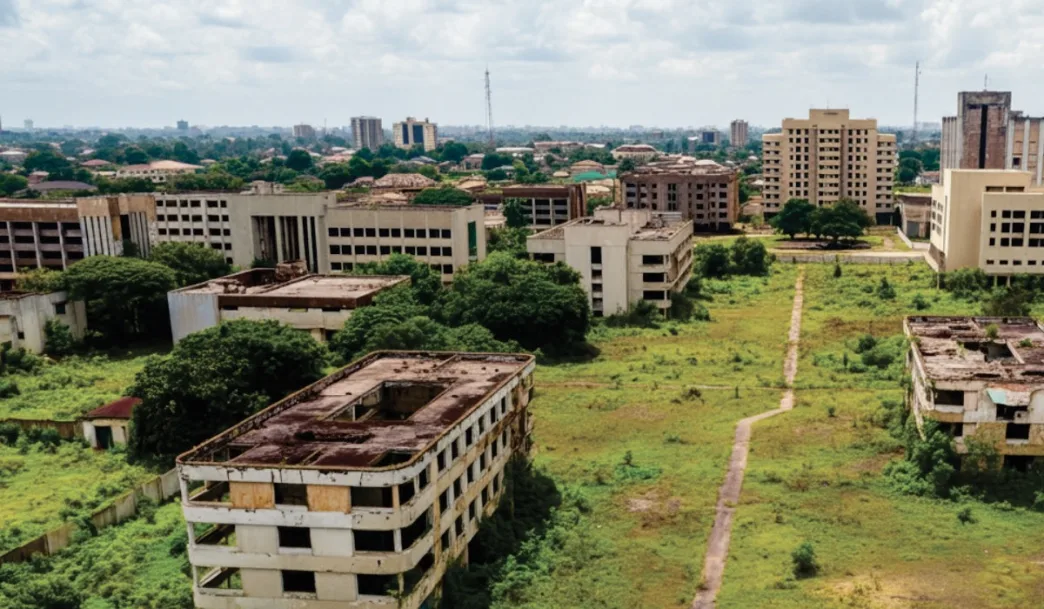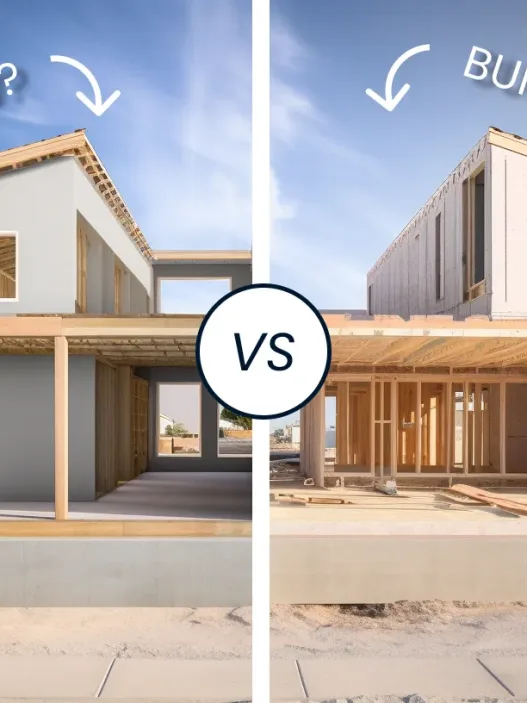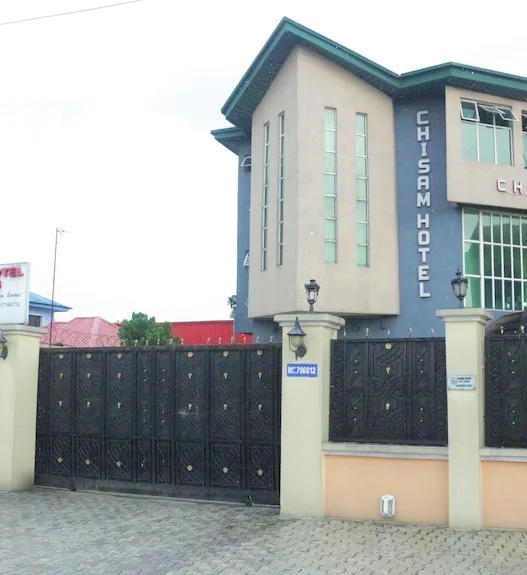Nigeria, the largest economy in Africa, boasts a GDP of approximately $530 billion, yet it faces significant challenges in converting its vast resources into economic capital. With over 65% of its economy operating in the informal sector, the country is grappling with the concept of “dead capital,” a term coined by Hernando de Soto to describe assets that cannot be converted into economic value. This blog post explores the potential of blockchain technology to unlock dead capital in Nigeria, particularly in the real estate and agricultural sectors.
Understanding Dead Capital
Dead capital refers to assets that are not utilized effectively to generate wealth or productivity. In Nigeria, it is estimated that the country holds between $300 billion and $900 billion worth of dead capital in residential real estate and agricultural land. A staggering 95% of households lack proper titles or have contestable titles, which prevents individuals from leveraging their assets for economic gain. This lack of access to finance is a major contributor to persistent poverty, as individuals and businesses are unable to access loans, insurance, and other financial services.
[web_stories title=”true” excerpt=”false” author=”false” date=”false” archive_link=”true” archive_link_label=”” circle_size=”150″ sharp_corners=”false” image_alignment=”left” number_of_columns=”1″ number_of_stories=”5″ order=”DESC” orderby=”post_title” view=”circles” /]
The Informal Economy and Its Implications
The informal economy in Nigeria accounts for a significant portion of the GDP, making it one of the highest in the world. This sector is characterized by a lack of formal property rights, which hinders individuals from converting their physical assets into capital. The inability to secure loans against property or agricultural land limits investment opportunities and stifles economic growth.
The Role of Blockchain Technology
Blockchain technology presents a promising solution to the challenges posed by dead capital. By providing a secure, transparent, and immutable ledger for property transactions, blockchain can help establish trust in the land registry system. A notable example is the partnership between Bitfury and the Republic of Georgia, which successfully implemented a blockchain-based land registry system. This project not only improved government efficiency but also restored public trust in national agencies.
Key Benefits of Blockchain for Land Registry
-
Immutability: Blockchain ensures that once a transaction is recorded, it cannot be altered, providing a reliable history of property ownership.
-
Transparency: All transactions are visible to authorized parties, allowing for greater oversight and reducing the potential for fraud.
-
Cost Reduction: By eliminating the need for intermediaries such as solicitors and notaries, blockchain can significantly reduce transaction costs and time.
Moving Forward: Recommendations for Nigeria
To unlock the potential of dead capital in Nigeria, several initiatives can be implemented:
-
Investment in Blockchain Infrastructure: Developing a blockchain-based land registry system can help secure property rights and facilitate access to finance.
-
Education and Awareness: Raising awareness about the benefits of blockchain technology among stakeholders, including government officials and the public, is crucial for successful implementation.
-
Data Quality Improvement: Ensuring high-quality data in land registries is essential for the credibility of blockchain solutions.
Conclusion
Unlocking dead capital in Nigeria is critical for economic growth and poverty reduction. By leveraging blockchain technology to improve property rights and access to finance, Nigeria can transform its vast informal economy into a thriving formal sector. As the country continues to explore innovative solutions, the potential for economic advancement is immense, paving the way for a more prosperous future.
Get the best of Real Estate delivered straight to your inbox weekly.
Real Estate updates the way you want it.



















